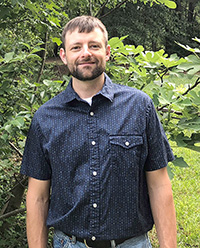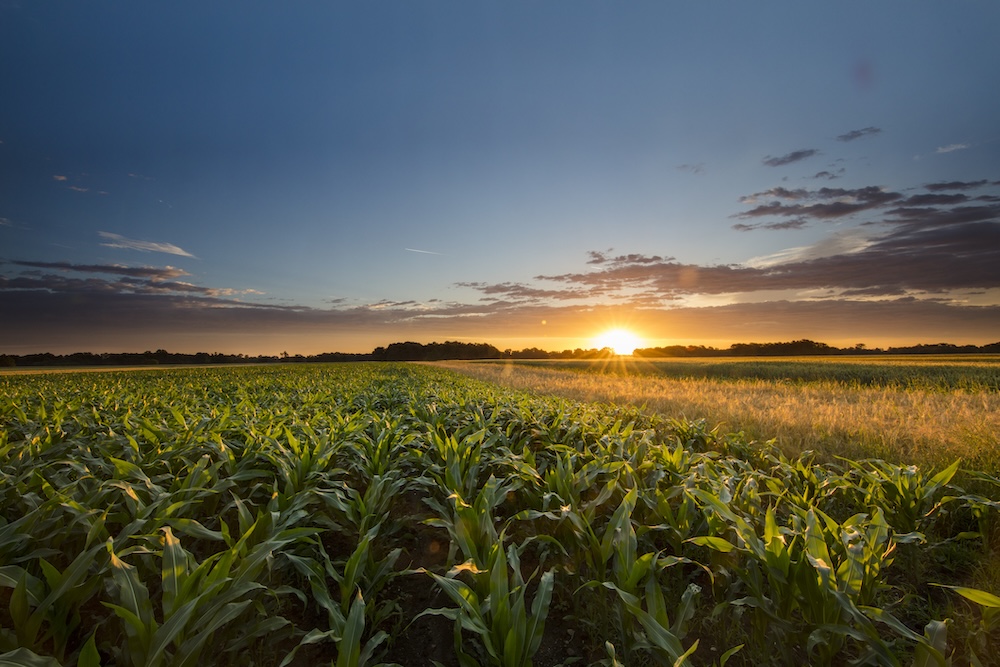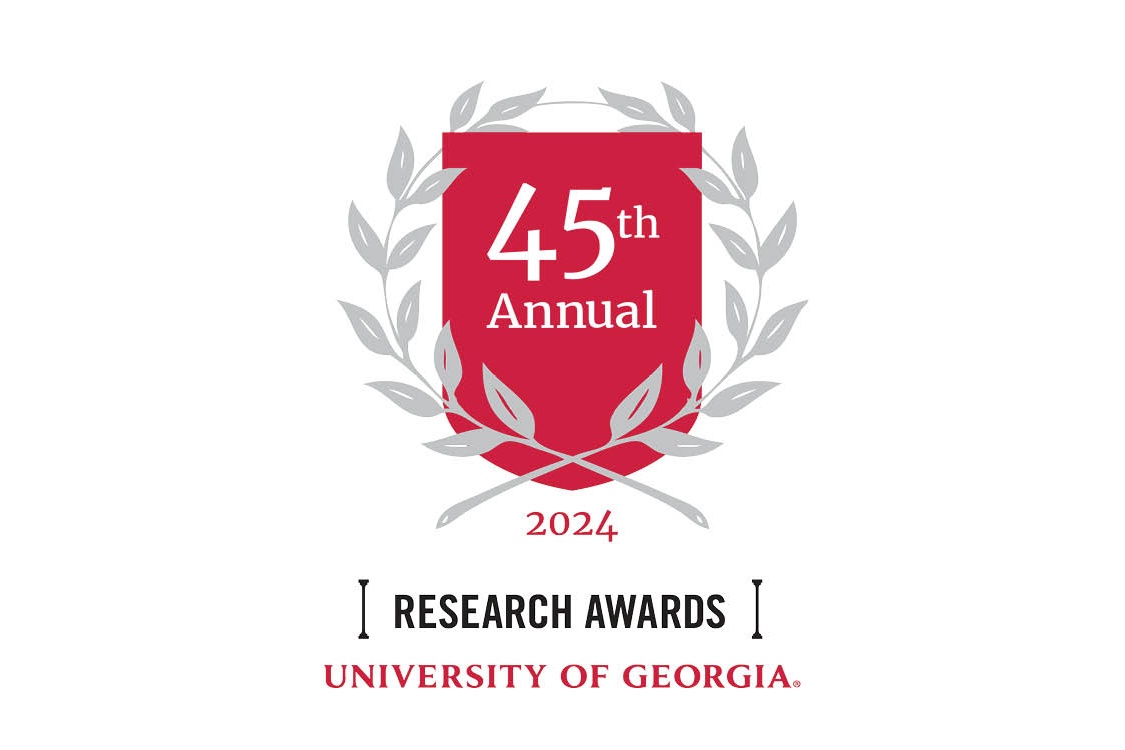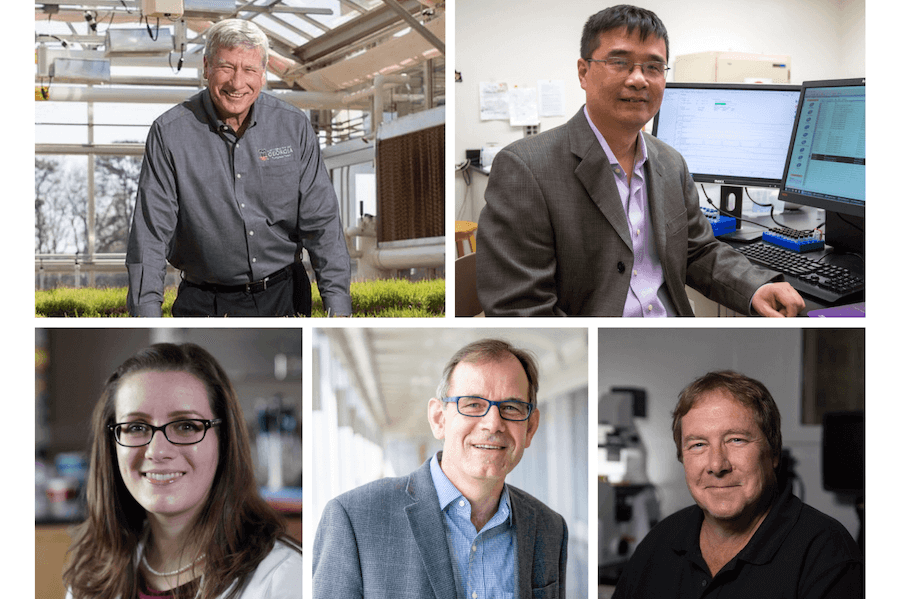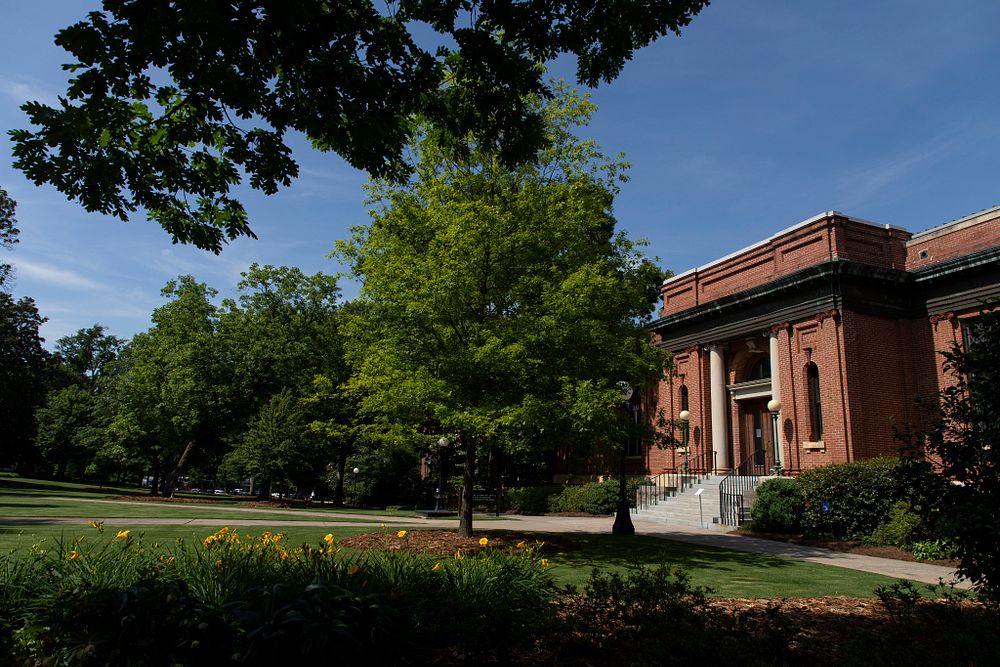University of Georgia soil scientist Matthew Levi is using technologies like digital soil mapping, spatial modeling and remote sensing to help his research colleagues and Georgia farmers improve their production practices.
Levi arrived began working in UGA’s College of Agricultural and Environmental Sciences (CAES) in December 2017, devoting much of his time to improving Georgia’s soil inventory by studying the soil profiles on farms across the state.
“One application that I would like to get started at UGA is to provide a more detailed soil map for all of our farm properties, like the Iron Horse Farm (located between Watkinsville and Greensboro, Georgia) and some of the common research areas in Tifton, Georgia,” said Levi, who holds a Ph.D. in soil, water and environmental science from the University of Arizona.
Having a more detailed characterization of soil properties can help scientists interpret research data and can provide a better foundation for soil information than traditional soil surveys do, he says.
As an assistant professor in the CAES Department of Crop and Soil Sciences, Levi teaches courses including soil pedology and soils and hydrology. He will soon hire a graduate student to help study how spatial predictions are made for physical properties like sand and clay content. These findings can be linked to soil moisture measurements at different locations in a field.
“That will allow us to connect our soil moisture measurements to places where we can’t measure soil moisture so we can understand and predict how moisture changes across the field at different depths,” Levi said. “Ultimately, that would fit into recommendations for variable rate irrigation. We are trying to really optimize the water usage for fields that are outfitted with variable rate equipment.”
Levi has teamed with CAES precision agriculture specialist George Vellidis and UGA Cooperative Extension irrigation specialist Wes Porter to brainstorm ways to optimize variable rate, which is currently being researched at different zones throughout a field. Instead of changing how much irrigation water is applied per zone in the field, Levi hopes to further fine-tune where the water needs to go.
“I know that water is getting harder and harder to access, especially with the water wars going on between Florida, Georgia and Alabama. I’m trying to figure out how much benefit there will be to optimizing more than just by zones like we do now,” he said. “I like the ability to work with ecologists and hydrologists and at the same time work with agronomists and farmers because it gives me variety. It brings challenges, but it also brings better science because I’m getting their perspectives and thinking about how soils are used in different disciplines. I think it improves our understanding of how we do things.”
Levi also wants to apply his research findings to help understand issues like wildfires and prescribed fires using soil science. While wildfires in the Southeast are not as common as those in the western half of the country, they do happen. In 2016, the Great Smoky Mountains wildfire greatly impacted popular tourist destinations including Gatlinburg, Tennessee, and Pigeon Forge, Tennessee.
“How can we use soil properties and soil maps to help us investigate wildfire predictions or make recommendations for prescribed fires? By taking into account soil-moisture conditions at the time of a prescribed fire, we can likely optimize management objectives. We can also see if there’s a connection between where you’ll find more hotspots for getting a good burn,” Levi said. “I think there’s definitely some potential to apply soil properties to fire-prediction models.”
Levi’s other research projects are related to the effects of management practices on soil health across Georgia and neighboring states.
To learn more about variable rate irrigation, see http://caessubsite.caes.uga.edu/stripling-park/projects/agricultural-water-conservation/variable-rate-irrigation.html.

